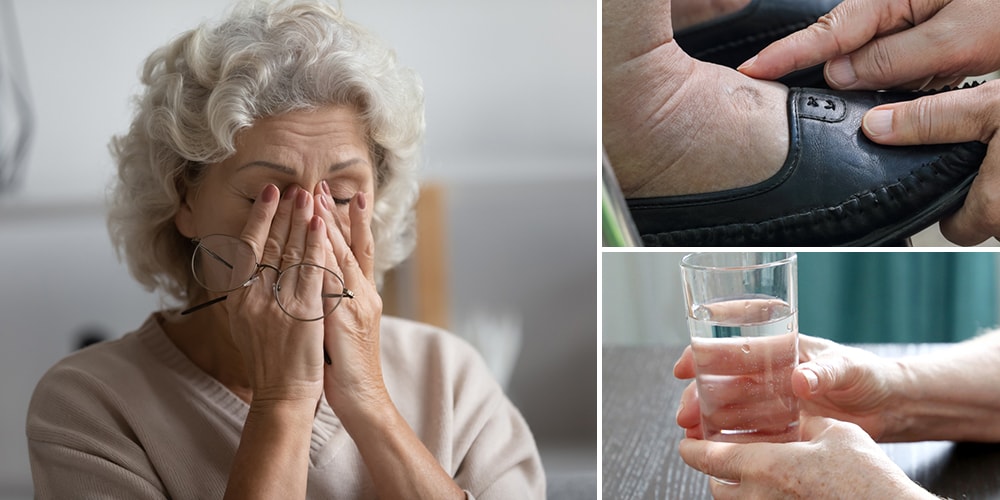
10 Hidden Signs You Might Be Sick
Environmental factors, genetics, lifestyle and our daily co-existence with pathogens put us at odds of acquiring a disease. Sometimes, our body can only give us subtle hints of sickness we shrug off as nothing. We cannot predict the timing of an illness. Oftentimes, people only realize they are living with it when the condition worsens.
Everyone and anyone is prone to contracting an illness, maybe even a terminal one. Sadly, it comes regardless of how meticulous you think your lifestyle is. Genetic tendencies are there to put you at a higher risk as well.
10 Signs to Look Out For
To increase the chance of survival, you need to listen closely to what your body is telling you. Here are some of the signs that you might be sick and your body is going through something.
Fatigue and Weakness
Exhaustion and lethargy are a fairly common consequence that stems from a variety of causes. Stringent activities, lack of sleep and rest, alcohol and certain medications are a few possible reasons. A lack of physical activity may also become draining. Feeling tired for a short period is normal and should go away after taking a rest.
Related: Struggling with Fatigue? Herbal Remedies to the Rescue!
Chronic fatigue and weakness that occur frequently and without a reasonable cause are worrisome. Sometimes, you may feel drained out during the day despite getting enough sleep at night. It can point to some serious illnesses like anemia, chronic fatigue syndrome, anxiety, heart disease, diabetes or lupus, among others.
Fatigue should not last for more than two weeks. If resting, reducing stress, eating and drinking plenty of fluids don’t help, get yourself checked.
Cold Feet and Swollen Feet
If your lower extremities have a slightly lower temperature than the rest of your body, it can be a sign of poor blood circulation. Poor blood flow means that the blood takes longer to reach the feet. Thus, making them feel colder.
Another telltale sign of sickness that may come with cold feet is swelling feet. Being idle or physically inactive, pregnant or having varicose veins can cause swelling of the legs and feet. Sometimes, it is accompanied by throbbing pain triggered by movement. Edema, the medical term for swollen feet, may also affect other body parts.
Related: 10 Signs Your Feet Are Warning You About a Thyroid Problem
Cold and swollen feet may mean heart disease, hypothyroidism, anemia, blocked arteries or nerve conditions. Edema accompanied by shortness of breath can be a sign of heart problems. It may also indicate lymphedema, kidney trouble or liver diseases that only a doctor can diagnose.
Sweating More Than Usual
It can also be a sign of an illness if you are perspiring instead of getting cold during frigid weather. Feeling unusually hot is not at all bad and women often experience it on the onset of hormonal changes. Stress and taking certain medications like pain relievers and antibiotics can also result in a hotter-than-normal feeling.
When sweating and body heat are chronic and are accompanied by pain, do not disregard the condition. It may sometimes point to underlying health conditions like hyperthyroidism, fibromyalgia, diabetes or multiple sclerosis.
Sleeping Problems
According to statistics, around 50 to 70 million people in the United States have sleep disorders. More than one-third of adults sleep less than seven hours per night. A sleep problem does not only mean the inability to sleep through the night. Some people also tend to oversleep which also affects their quality of life.
Related: Better Than Sleeping Pills
Recurring sleep disorders and inconsistent patterns are easier dismissed probably due to caffeine intake or work schedule. But it may also mean that you are struggling with anxiety, insomnia, sleep apnea, restless leg syndrome or narcolepsy.
Split Nails
A broken nail can be self-inflicted, especially when you have the habit of biting it out of anxiety. Work that exposes the nails to moisture like dishwashing can make them brittle and prone to splitting. Changes in the texture of the nails may also indicate fungal or bacterial infection and psoriasis.
Split nails with color changes (yellow, blue, or purple) are subtle symptoms of an underlying illness. Thyroid problems, liver diseases, kidney diseases and skin cancers can manifest themselves through weakened and split toenails and fingernails.
Check out this easy and effective Thyroid Protocol available at page 103 in The Holistic Guide to Wellness.
Excessive Falling Hair
Hair loss is mostly an inherited trait and is a common condition as people age. Hereditary baldness is not a disease and can occur at any time after puberty, especially among men. Hair shedding during pregnancy and after childbirth is also normal in women. Emotional distress, certain medications and a diet low in protein can also result in excessive hair loss.
Related: 4 Essential Oils To Support Hair Growth
Hair loss that occurs unnaturally is a subtle sign of anemia, lupus, thyroid problems or tumor. It can also be a symptom of alopecia areata, an autoimmune disease that causes patchy baldness.
Weight Fluctuations
If you noticed unintentional weight loss without changing your diet and exercise routine, it can be a subtle sign that you are sick. Sometimes, a stressful event in life can cause temporary weight loss that is not at all serious. But if you are losing a significant amount, it may indicate muscle loss due to some underlying health concerns.
Unexplained weight loss can be indicative of thyroid problems, diabetes, tuberculosis, cancer, or depression. When you notice uncontrolled shedding of weight, take note of the symptoms and reach out to the doctor for immediate action.
Related: The Key to Healthy Weight Loss: It’s Not What You May Think
Weight gain is also one of the hidden signs of a sickness you cannot easily identify. Presumably, diet and lifestyle are pointed out as the culprits. But rapid weight gain can also mean another thing such as a more serious condition that requires medical attention.
Fluctuations in weight not related to eating and metabolism are not normal. If you experience rapid weight gain or loss for unclear reasons, it is best to get advice from a doctor. Heart, kidney, thyroid, liver or ovarian problems may cause a sudden increase in weight. Women with ovarian cancer are also highly likely to experience weight gain as a first symptom of the disease.
Irregular Bowel Movements
Bowel movement is different from person to person. Developing bloating, diarrhea, constipation and other digestive symptoms from time to time is normal. However, when the changes are persistent and severe, your body may be telling you of an underlying health problem. Thyroid problems, irritable bowel syndrome (IBS), celiac disease or cancer may manifest their early symptoms as digestive trouble and changes in bowel movement.
Related: The Native American Remedy for Fully Emptying Your Bowels
Anxiety and Shortness of Breath
Panic attacks are evidenced by anxiety, nausea, shortness of breath and aching chest. The episode is sudden and is triggered by uncontrolled and intense fear even without an apparent cause. If you are experiencing intense anxiety that is triggered without warning, you may want to do something about it. Panic attacks are not always life-threatening, but they can also be early signs of heart trouble.
Related: DIY Anti-Anxiety Magnesium Spray
Excessive Thirst and Urination
Feeling thirsty after eating and strenuous exercise is normal. If you are dehydrated from vomiting and diarrhea, taking diuretics and antipsychotic drugs, you are also likely to experience excessive thirst.
Frequent urination, on the other hand, may mean a urinary tract infection or pregnancy. For most people, as long as urination is not painful, the frequency of the urge is easier to set aside. Herbal remedies may sometimes sort out the problem and treat the condition.
Thirst and frequent urination are a result of water imbalance. These may also be the first signs of diabetes. High blood sugar, or hyperglycemia, decreases the body’s hydration forcing it to yearn for more fluid. If you have sepsis or a blood infection, you are also likely to experience severe thirstiness.
Excessive urination is attributed to problems like infection of the kidney, bladder or prostate in men.
Related: Parsley Tea for Inflammation of The Urinary Tract
Takeaway
Our body has many different ways of telling us it is fighting something. Most often, the hints are hardly noticeable. We never know it is there until the disease progresses. In all cases, please be warned about self-diagnoses. Different symptoms can mean different things and the only way to validate them is through various laboratory tests.
The potential prevention and slowing down of an illness starts with prompt diagnosis. When your body begins showing unusual signs, a visit to your healthcare provider might be needed.


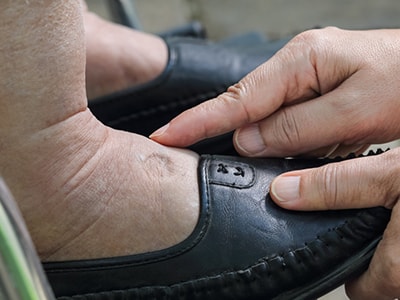

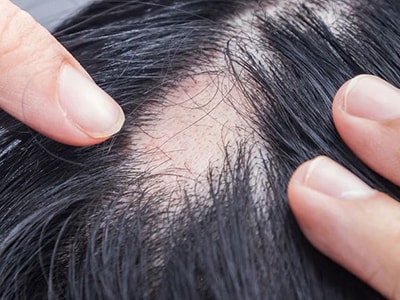

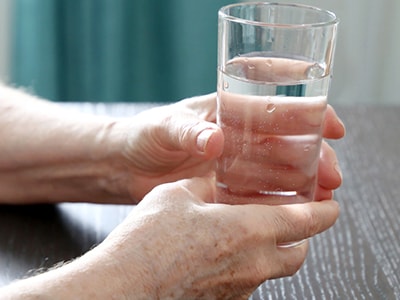
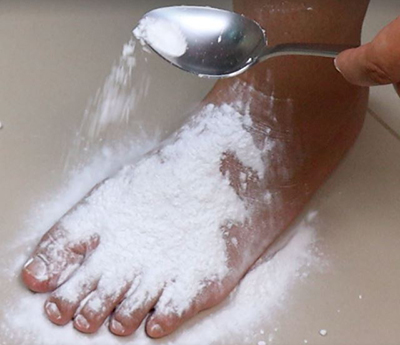



Hi I ordered a home remedies book and paid it in full but I never received it at this address 357 sunrise drive San Ysidro ca 92173 and I follow most of your home remedies for high blood pressure and pre diabetes and gout and blood serculation and severe headaches pains and numbness in legs and arms and believe me they really work right now I lost 35 lbs in 10 months just by following your home remedies in Facebook since I never received your book thanks
Hi Maria,
Thank you for purchasing The Forager’s Guide to Wild Foods!
An email has been sent to you from support@thelostherbs.com with all the information you need regarding your order.
Many blessings and good health!